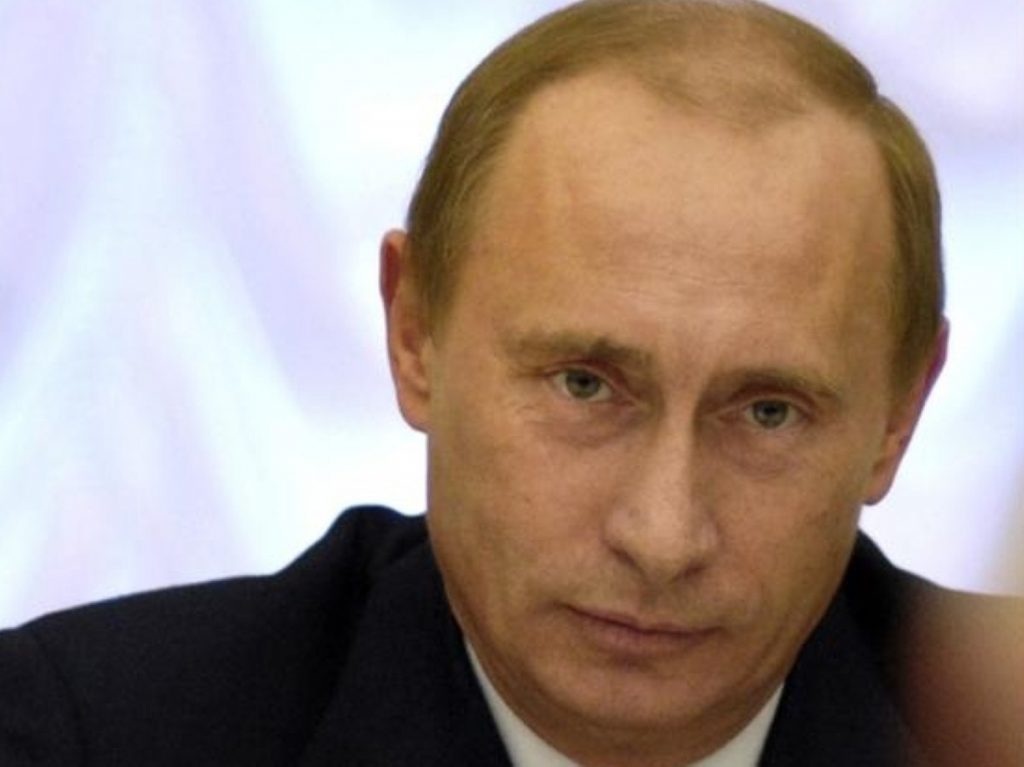Syria crisis escalates as UK prevents Russia sending missiles
The UK dramatically intervened to prevent a Russian ship from delivering missiles and helicopters to Syria last night, amid continued frustration at Vladimir Putin's failure to help end the violence.
The British marine insurer Standard Club is understood to have cancelled the insurance on all ships owned by Femco, a Russian cargo line, amid widespread suspicion it planned to break the EU sanctions against the Middle East regime.
"We are aware of a ship carrying a consignment of refurbished Russian-made attack helicopters heading to Syria," a Foreign Office spokesman said.
"The foreign secretary made clear to Russian foreign minister Lavrov when they met on June 14th that all defence shipments to Syria must stop.


"We are working closely with international partners to ensure that we are doing all we can to stop the Syrian regime's ability to slaughter civilians being reinforced through assistance from other countries."
The Telegraph quoted a source at the Standard Club as saying: "We were made aware of the allegations that Russian ship] Alaed was carrying munitions destined for Syria.
"We have already informed the ship owner that their insurance cover ceased automatically in view of the nature of the voyage."
The move means the ship was stopped in its tracks just off the coast of Scotland this morning.
However, two amphibious Russian navy ships – Nikolai Filchenkov and Caesar Kunikov – are still setting sail to Syria with a unit of marines, ostensibly to protect Russian citizens and a navy base there.
The ships are said to be capable of carrying 150 marines and a dozen tanks to the Syrian port of Tartus.
"We must protect our citizens," Major-General Vladimir Gradusov told the Interfax news agency.
"We won't abandon the Russians and [we will] evacuate them from the conflict zone if necessary."
Tartus functions as the sole Russian navy base outside the former Soviet Union, serving the Russian army on Mediterranean missions and hosting the military advisers who instruct Syrians in how to use their Russian-made weapons.
Many experts believe Russia's continuing support for the Syrian regimes stems from its four decades as munitions supplier to the regime, during which it has given the Baathist regime combat jets, helicopters, armoured vehicles and missiles, among other equipment.
Russia has recently criticised Syrian resistance to reform and the use of violence against opponents, but it and China have acted to prevent significant action against the regime at an international level.
During a frosty meeting at the G20 yesterday, US president Barack Obama and Mr Putin called for an end to the bloodshed and for "all interested parties" to find a solution to the situation.
"In order to stop the bloodshed in Syria, we call for an immediate cessation of all violence," the pair said in a joint statement.
"We are united in the belief that the Syrian people should have the opportunity to independently and democratically choose their own future."
The statement is something of a victory for Mr Putin, who prevented any mention of regime change.

